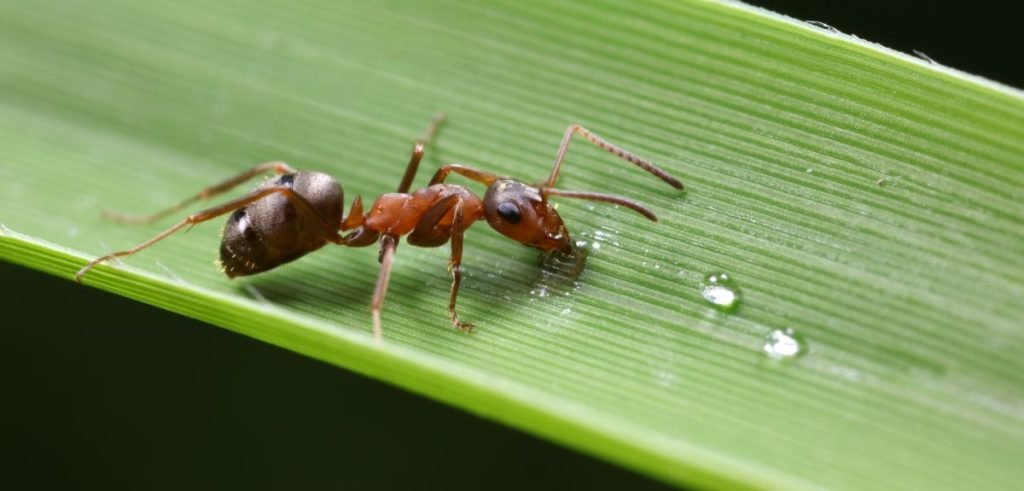A recent study by the University of Oxford has uncovered a peculiar survival strategy adopted by ant queens, termed ‘hygienic cannibalism.’
In a surprising deviation from nurturing their young, ant queens consume their infected larvae at the first hint of illness.

This intriguing behavior helps contain the disease and recycles nutrients, which are then used to produce new eggs.
Ant queens, typically responsible for founding new colonies alone, are highly vulnerable to disease wiping out their brood early on.
The researchers from Oxford’s Department of Biology theorized that eliminating sick larvae before they could become contagious might be a defensive tactic for these queens.
To explore this hypothesis, the researchers exposed black garden ant (Lasius niger) queens to larvae infected with the fungal pathogen Metarhizium for 24 hours.
At this stage, the infection was lethal but not transmissible.
The queens devoured 92% of the infected larvae, leaving behind no remains, unlike the control larvae, of which only 6% were eaten.
Dr. Chris Pull, the lead researcher, detailed the queens’ actions: ‘Once the queens discover a sick larva in the brood pile, they immediately set to work, spending several hours chewing them up until they’re entirely consumed.’
Remarkably, despite the infection risk, all queens survived after consuming the infected larvae, likely protected by their acidic, antimicrobial venom produced in a specialized gland.
The findings were startling: queens that practiced cannibalism laid 55% more eggs than those that did not.
This suggests that the nutrients from the consumed larvae were effectively recycled into the production of new offspring.
Co-author Flynn Bizzell emphasized the significance of this behavior: ‘Ant queens start their colonies alone and essentially starve themselves to raise their first workers. Cannibalizing and recycling infected larvae back into brood production means valuable resources are not wasted.’
The research also discovered that queens did not eat larvae that had advanced to the infectious stage.
Instead, they sprayed these highly infectious larvae with their antimicrobial venom, although this still resulted in an 80% mortality rate among the queens.
This highlights the importance of addressing the infection early, before it becomes transmissible.
Interestingly, this practice of hygienic cannibalism is unique to queens and has not been observed among mature worker ants.
The reason may lie in the different roles and capabilities within the ant colony; while queens are isolated in their nests, worker ants can remove and dispose of infected larvae.
Dr. Pull concluded, ‘Our results provide compelling evidence that cannibalism solves the problem of disease containment and corpse disposal in the confined space of founding queens’ underground bunkers, while also ensuring valuable nutrients are not wasted – and this improves their chances of successful colony foundation.’
The study ‘Ant queens cannibalise infected brood to contain disease spread and recycle nutrients’ has been published in Current Biology.
